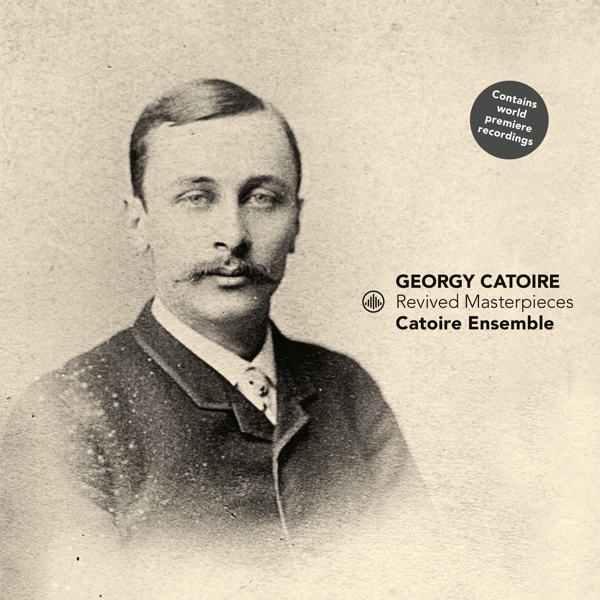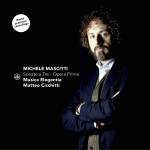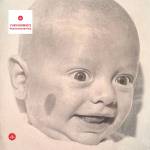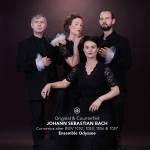Accessories |
My Account
|
Log In
|
English |
€ Euro |
Advanced Search
|
All Categories
BEST SELLER
500
NEW RELEASES
8.286
SPECIALS
224.778
Your search:
No selection
Filter results:
TECHNICS
259.367
GAMES/SOFTWARE
25.723
MUSIC
711.884
- Accordion
8
- Bassoon
19
- Brass
43
- Bugle
39
- Cello
285
- Clarinet
119
- Double Bass
19
- Early Instrum.
121
- Flute
226
- Guitar
97
- Harp
28
- Harpsichord
23
- Lute
16
- Mandolin
14
- Mixed Ensemble
68
- Oboe
55
- Organ
34
- Other
11.036
- Other Ensemble
193
- Percussion
11
- Piano
415
- Piano Quartet
26
- Piano Trio
149
- Recorder
52
- Saxophone
47
- String Ensemble
90
- String Quartet
389
- String Quintet
21
- String Trio
55
- Trombone
21
- Trumpet
50
- Tuba
3
- Viola
71
- Violin
524
- Wind Ensemble
46
- Woodwind
34
- octet
3
Other Classic
3.976
Symphonic Music
13.003
|
Music Movie Audiobooks Merchandise Children's |





















